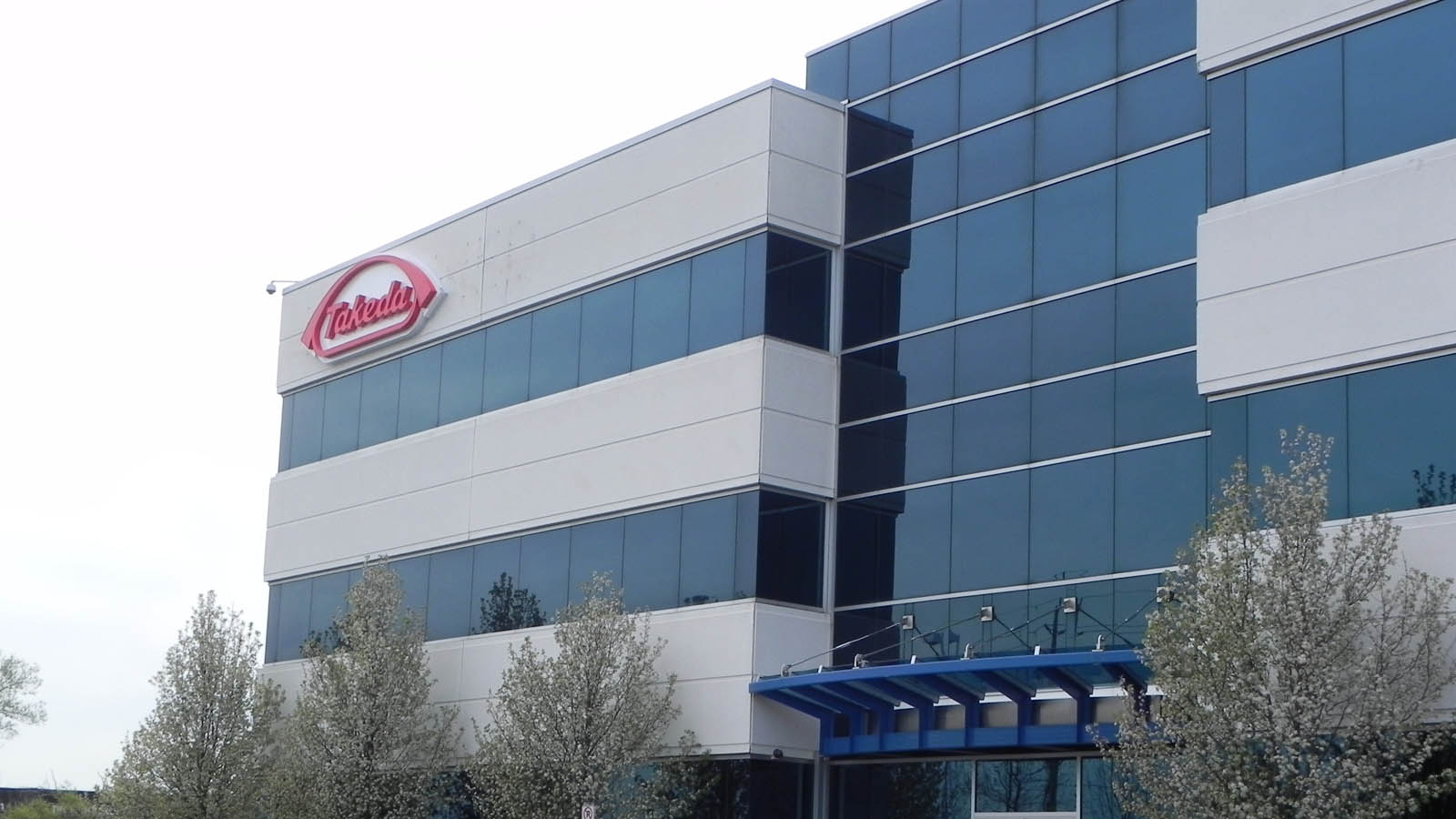Takeda Pharmaceutical Company Limited announced the exercise of its option to acquire GammaDelta Therapeutics Limited (“GammaDelta”), a company focused on exploiting the unique properties of gamma delta (γδ) T cells for immunotherapy. Through the acquisition, Takeda will obtain GammaDelta’s allogeneic variable delta 1 (Vδ1) gamma-delta (γδ) T cell therapy platforms, which includes both blood-derived and tissue-derived platforms, in addition to early-stage cell therapy programs.
“We’re committed to developing cell therapies that will have an impact on large segments of patients by focusing on off-the-shelf, allogeneic cell therapies that are highly accessible and have the potential to address solid tumors. Collaborating with scientific innovators with unique technology platforms and deep domain expertise, such as the GammaDelta team, allows Takeda to identify and accelerate the most promising approaches that can be developed into products to impact the lives of cancer patients,” said Christopher Arendt, Ph.D., Head of Oncology Cell Therapy and Therapeutic Area Unit of Takeda. “Gamma-delta T cell-based therapies represent a differentiated approach to target both solid tumors and hematological malignancies, and we are eager to integrate GammaDelta’s cell therapy platforms into our immuno-oncology R&D efforts.”
Takeda exercised its option to acquire GammaDelta for a pre-negotiated upfront payment as well as potential development and regulatory milestones. The acquisition follows a multi-year collaboration between Takeda and GammaDelta Therapeutics formed in 2017 to develop GammaDelta’s novel γδ T cell therapy platforms, in which Takeda received an equity stake and an exclusive right to purchase GammaDelta. The deal is expected to be finalized in Q1 of Takeda’s fiscal year 2022. Closing of the transaction is contingent on completion of review under antitrust laws, including the Hart-Scott-Rodino (HSR) Antitrust Improvements Act of 1976 in the U.S.
“Takeda’s exercise of their acquisition option is the culmination of years of a fruitful collaborative partnership and recognizes GammaDelta Therapeutics’ promising progress in developing novel platform technologies to treat solid tumors and hematological malignancies,” said Dr. Paolo Paoletti, CEO of GammaDelta. “Through our work together, we’ve made great strides in developing our proprietary γδ T cell therapy platforms, which have enabled the development of a pipeline of innovative cell therapies and allowed for the advancement of our first program into Phase 1 clinical development. This acquisition builds on the tremendous work of our talented team and provides the foundations to enable rapid development of a portfolio of innovative allogeneic cell therapies, focused on improving outcomes for patients with cancer.”
Tim Haines, Chair and Managing Partner of Abingworth, the founding investor in GammaDelta, added: “We are delighted to have been involved in the creation of GammaDelta and to have worked closely with the leadership team and alongside an excellent partner in Takeda to progress this world-class UK academic science to the next stage of its development.”
Takeda seeks to broaden the impact of immunotherapy in cancer treatment by focusing on mechanisms that leverage innate immunity. Innate immune responses serve as the body’s first defense mechanism against disease and involve the orchestration of a broad arsenal of mechanisms and cell types, including γδ T cells and natural killer (NK) cells, that may help to overcome cancer’s ability to evade immune recognition. GammaDelta’s cell therapy platforms include technologies designed to generate both blood- and tissue-derived allogeneic immunotherapies based on γδ T cells for the treatment of hematological malignancies and solid tumors. Both platforms have enabled the creation of a portfolio of selective non-engineered and genetically-engineered allogeneic cell therapies that are highly active preclinically against solid tumors and hematological malignancies.

